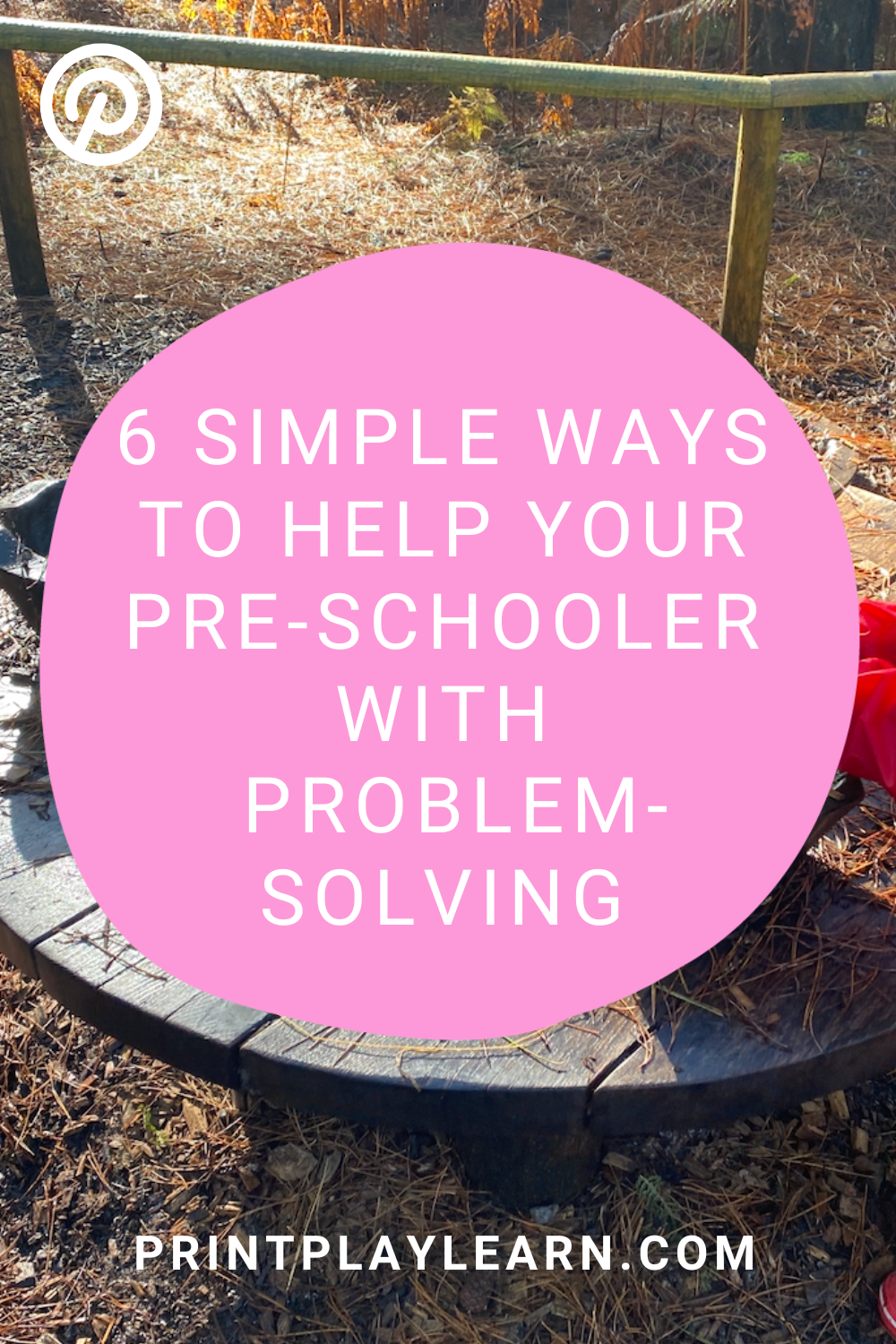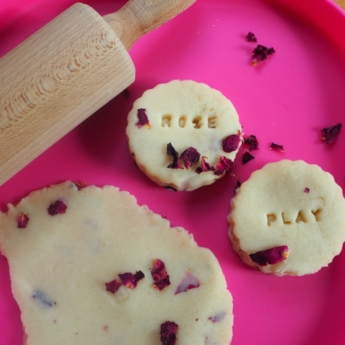6 Simple Ways To Help Your Pre-Schooler With Problem-Solving
Most parents want their children to be effective problem solvers. Whether it’s for their long off future success or the immediate relief a little independence can have on our parenting load! If you’re eager to help your pre-schooler come up with their own solutions, here are 6 simple ways to support their problem-solving skills:
1. Let them make mistakes
Start by shifting any perfectionist mindset you may have: it’s fine to make mistakes, and most challenges your pre-schooler will have can be resolved, even if not immediately. For example, while inconvenient, knocking over a glass of water can be easily resolved with a towel. Or a drawing that goes wrong can be corrected by turning mistakes into something creative, or by getting a new sheet of paper. Not everything is a crisis!
This can be easier said than done if you have a tendency to berate yourself when things don’t go how you expected. Make sure you are modelling self-kindness when you make mistakes yourself too.
2. Ask for their solutions
Your children likely already have their own brilliant ideas bubbling away. The next time they face a challenge, ask them for their opinion. You could try: “What do you think we could do to fix this?” or “What would you like me to do to help?”. Their ideas might not be practical, but celebrate their solutions anyway and work together to find a solution that works.
Of course, not all pre-school thinking is rational and depending on their language abilities, communication may be a barrier… but the earlier you start to show your child they have great ideas, the sooner you will be able to build problem-solving confidence.
3. Play hide-and-seek
Try this classic for a simple way to put your child’s problem-solving skills into action. Whether they’re thinking of a clever spot to hide away or working out where you are, this game naturally strengthens skills while having fun.
Hiding toys around the house is another game which uses the same skill set without the need for you to hide too.
4. Get out the puzzles
Puzzles are another great problem-solving activity for pre-schoolers. Puzzles develop memory skills and planning and help your child test out ideas before seeing the bigger picture come together. They also need to spot shapes, colours, and work out positioning – which is great for boosting maths skills.
5. Give them opportunities to create
Encouraging your child to use their creativity is a brilliant way to get them problem-solving without realising it! Whether they’re drawing, painting, building, or making music, your child will naturally find and solve problems as they bring their ideas to life. Creative problem-solving for your pre-schooler might look like this:
Problem: They are drawing a picture and need to find the perfect colour for their hair
Solution: They search through the pen pot and find the colour they want
Problem: They want to stick a piece of paper to a cardboard box
Solution: They ask you for some glue!
Problem: They want to make a smiley face out of playdough
Solution: They roll a sausage of dough to make a smile and use their fingers to press eyes
6. Let them play!
Finally, don’t underestimate the power of play. Play has so many incredible possibilities when it comes to problem-solving, with your child’s natural curiosity leading the way and providing many challenges they’ll need to overcome. Whether it’s how to correctly put Duplo bricks together or deciding on what costume to wear, your child has to make many, many decisions as they’re playing.
Role play is particularly useful as it lets your child practice problem-solving in situations they may later experience in day-to-day life. Your child’s use of their imagination, and thinking through a problem, is hugely valuable even if they can’t yet carry out their suggested plans.
Are you feeling more confident about helping your little one become a great problem solver after reading this? If you enjoyed this blog, another one you might like is ‘How to Teach Coding Without Tech’.


